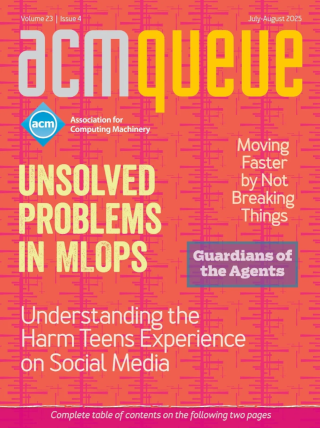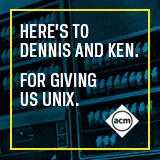
B.Y.O.C. (1,342 Times and Counting):
Why can’t we all use standard libraries for commonly needed algorithms?
Although seldom articulated clearly, or even at all, one of the bedrock ideas of good software engineering is reuse of code libraries holding easily accessible implementations of common algorithms and facilities. The reason for this reticence is probably because there is no way to state it succinctly, without sounding like a cheap parody of Occam’s razor: It is pointless to do with several where few will suffice.
Returning Control to the Programmer:
Exposing SIMD units within interpreted languages could simplify programs and unleash floods of untapped processor power.
Server and workstation hardware architecture is continually improving, yet interpreted languages have failed to keep pace with the proper utilization of modern processors. SIMD (single instruction, multiple data) units are available in nearly every current desktop and server processor and are greatly underutilized, especially with interpreted languages. If multicore processors continue their current growth pattern, interpreted-language performance will begin to fall behind, since current native compilers and languages offer better automated SIMD optimization and direct SIMD mapping support. As each core in commercial x86 multicore processors includes a dedicated SIMD unit, the performance disparity will grow exponentially as long as the available SIMD units remain underutilized in interpreted-language environments.
Two Books Alike in Dignity:
Formal and informal approaches to C++ mastery
Woke up this morning ... surprised to find my Sennheisers still connecting ears to my new MacBook Pro, with iTunes set to blues genre in shuffle mode. Lest you think I’ve succumbed to the despicable placement temptation that seduces so many columnists and filmmakers in these pursy times, I’m reluctant to price the named products, plug their sources, or elaborate on the immense pleasure I derive from their splendid cost-effective performances. Suffice it to mention that the subliminal album playing all night was Broke, Black and Blue, Volume 1, available for 7.95 US dollars or 7.95 Apple pounds sterling. The album title is also remarkably appropriate for those living in Iceland, Greece, Ireland, and other economies suffering the effects of bankers’ generosity fueling consumer greed.



